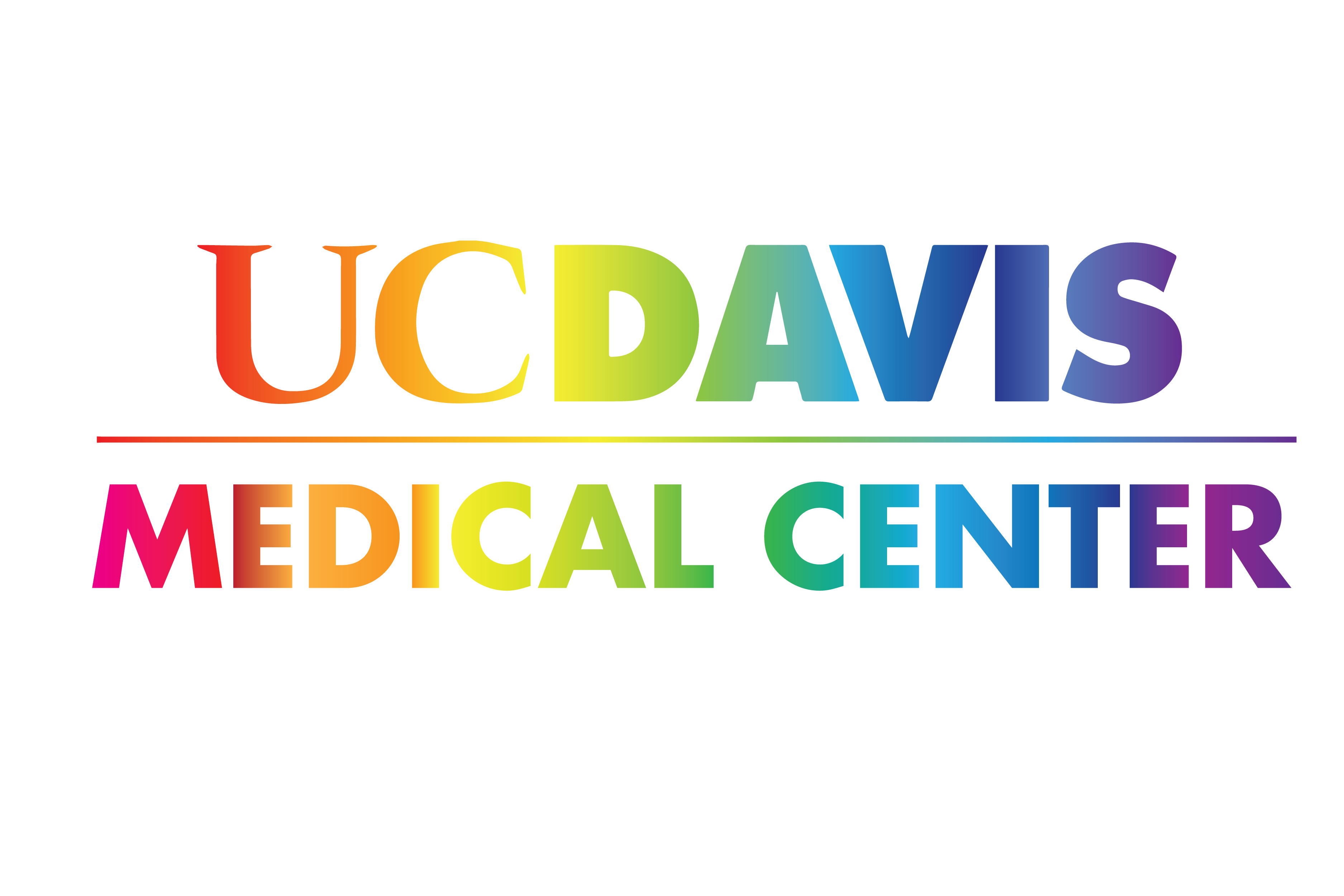
Health facility upholds nondiscrimination policies, practices for a seventh year
The UC Davis Medical Center has proven its devotion to lesbian, gay, bisexual, transgender and queer (LGBTQ) patients for seven consecutive years, as it was once again designated as a “Leader in LGBTQ Heathcare Equality” by the Human Rights Campaign Foundation (HRC) on March 29.
Every year, healthcare facilities across the United States participate in a survey by the HRC that allocates leadership status to those who demonstrate equal care toward LGBTQ communities. The HRC then publishes its combined findings in a Healthcare Equality Index (HEI), honoring the participants and giving LGBTQ patients and their families a tool to find inclusive health care institutions.
“We’re honored to be nationally recognized for our longstanding commitment to a welcoming and inclusive environment for our patients, their families and our employees,” said Ann Madden Rice, the Chief Executive Officer of the Medical Center, in a press release. “Equity and inclusion are among our top priorities, and we are dedicated to leading efforts to eliminate health disparities.”
The purpose of the Healthcare Equality Program is to provide health care facilities with the proper resources for implementing the best policies and practices for LGBTQ patient care. Tari Hanneman, HRC director of the Health Equality Project, said participants in the survey were evaluated based upon four new criteria in the HEI 2017: nondiscrimination and staff training, patient services and support, employee benefits and policies and patient and community engagement.
Of the 590 applicants surveyed, 303 earned perfect scores out of 100 to receive leadership status and the special HRC logo as a stamp of approval. Six UC-affiliated facilities, housed across UC San Diego, UCLA and UC San Francisco, are also among the 77 California institutions honored.
“The more hospitals that we have participating, the more they’re going to change policies and practices which will help all LGBT patients,” Hanneman said. “Hospitals are competitive, so if you have one hospital in a community doing something, the other hospitals are more likely to jump on board and also be seen as […] welcoming and inclusive.”
Edward Callahan, the associate vice chancellor for Academic Personnel at the Schools of Human Health Sciences, said that the institution engaged in the HEI when it realized that LGBTQ patients needed a hospital to consider as a welcoming and safe space for their health needs.
“Health care provided for LGBT patients was not as good as what it should have been, so we made a commitment to improving that health care,” Callahan said.
Callahan said that the facility got a jumpstart on its goal by encouraging physicians to wear rainbow flags on their badges to make all patients feel immediately welcome no matter their sexual orientation.
Additionally, Hanneman said that the UC Davis Medical Center stood out from the other leaders by having an excellent transgender patient care policy that was used as a model for other health care institutions. The facility also hosted an Improving Outcomes Conference centered around enhancing health results for LGBTQ patients by bringing leaders and experts together to share ideas and skills.
Director of Institutional Culture/Climate and Community Engagement Adrienne Lawson-Thompson, Ed.D., said that she is proud to be a part of the LGBTQ-friendly UC Davis Medical Center.
“It really affirmed that we have a commitment with our hospital policies,” Lawson-Thompson said. “[It is important] that they feel safe, [are] treated with respect and dignity and feel welcomed.”
Lawson-Thompson stressed the significance of training and informing the institution’s staff to provide equitable care in the future. She added that the hospital has unisex room assignments and bathroom access.
“I believe that we align ourselves with the best practices in the field and show how we are reducing our biases and insensitivities [by addressing] our key issues such as confidentiality,” Lawson-Thompson said.
Though a record number of health care facilities applied for leadership, the HRC is dedicated to the long “battle” ahead for LGBTQ-friendly health care facilities.
“It is crucial that institutions continue to demonstrate that the march toward full equality is not slowing down,” HRC President Chad Griffin said in a press release. “For the past decade, the HEI has been the roadmap to closing the gap in ensuring equal care to LGBTQ patients and their families, and we urge every health care facility to join us in this continuing effort to provide inclusive care to all.”
The HRC website offers support for LGBTQ patients to find health care providers, assistance for coming out to their doctor, resources for transgender patients and more. To find a LGBTQ-inclusive health care facility, please view the HEI 2017.
Written by: Jeanna Totah — campus@theaggie.org




